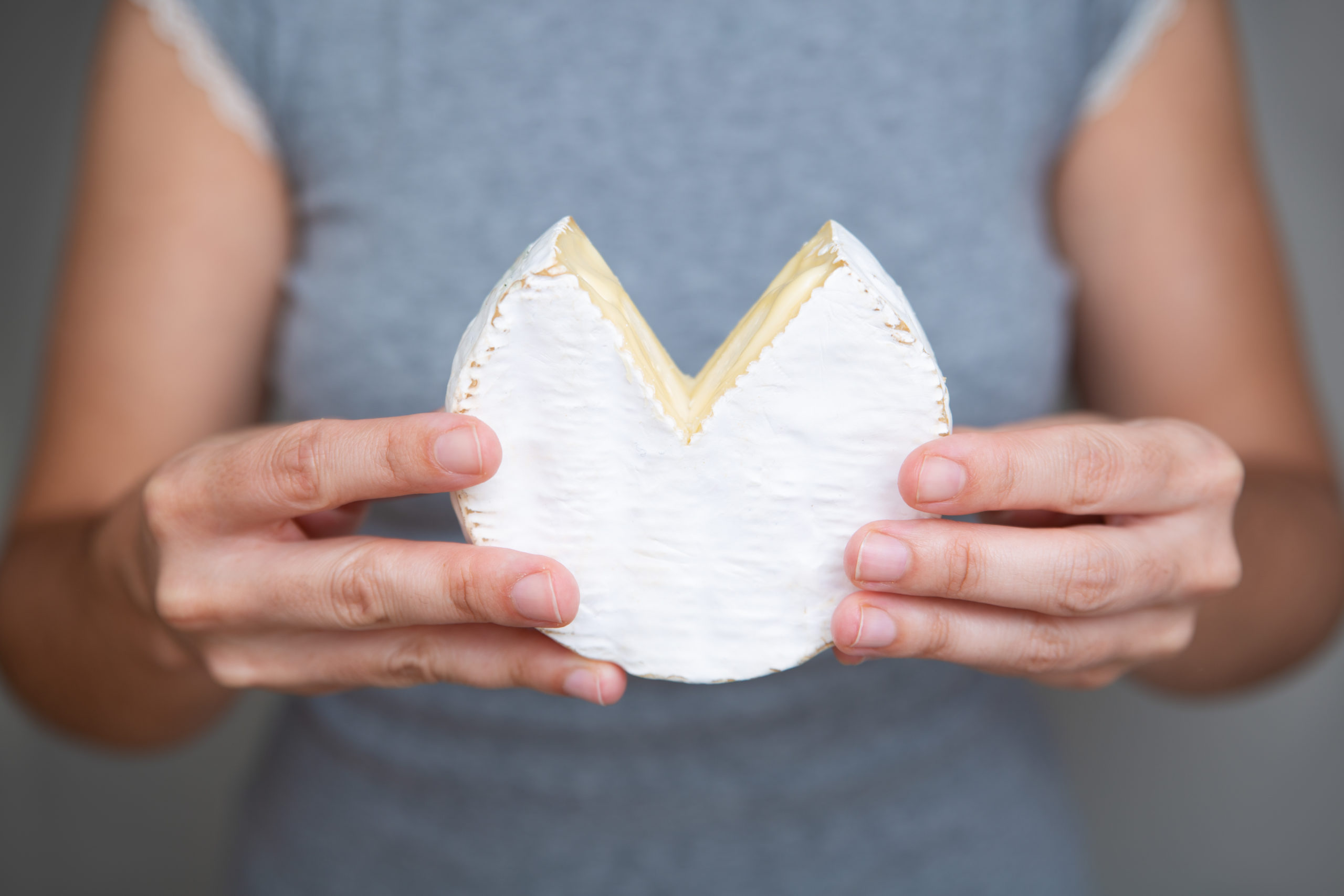The list of foods and drinks you shouldn’t consume while pregnant is longer than most people realize. Alcohol, lunch meat, sushi, and excessive caffeine are the widely known ones to avoid, but the dos and don’ts of eating your favorite cheese while pregnant is a little bit trickier.
Listeriosis (the illness you can get from ingesting Listeria) is incredibly rare. According to the CDC, around 1,700 people get listeriosis every year, but pregnant women are 20 times more likely to become infected. Foods made with unpasteurized milk, like some cheeses, can contain Listeria, which is usually killed during the processes of pasteurization and cooking. Pregnant women can definitely still enjoy cheese, there are just a few rules of thumb to follow before making your next grocery run.
Can You Eat Parmesan Cheese When Pregnant?
The calcium and protein in cheese will promote your baby’s growth, so don’t ditch your cheese loving habits! As a general rule, imported cheese is much more likely to be unpasteurized than domestic cheese. However, hard cheeses like cheddar and Parmesan are usually safe to eat during pregnancy. Semi-soft cheeses like mozzarella are also safe — so don’t worry about giving up your favorite pizza during pregnancy. Any cheese that’s pasteurized and processed is also safe to eat, such as cottage cheese and cream cheese.
What Cheese Do You Have to Avoid While Pregnant?
Unpasteurized cheese, which means cheese made with raw milk, should be avoided by pregnant women. These are usually soft cheeses, like Brie, Camembert, Feta, and Gorgonzola. To play it extra safe, you should also stay away from soft Mexican style cheeses —unless the label states they are made from pasteurized milk. That means not only do you have to hold on the margaritas next time you eat at your favorite Mexican restaurant, you need to skip the queso too.
The good news is, there are plenty of cheeses you can eat while pregnant that serve as strong substitutes for these soft, unpasteurized cheeses. If you love crumbling some Feta on your salad, try using Romano instead. Get the crumbly texture and the strong, pungent flavor Feta adds to palate cleansing greens. Also, instead of heading straight for the Brie or Camambert as your go-to cheeses for spreading on crackers, grab some Fontal and still get that mild taste and soft quality.
The Best Solution? Read Your Labels Carefully
Although these are pretty cut and dried rules to follow, your best (and safest!) approach to eating cheese during pregnancy isn’t asking Google, “Can you eat Parmesan cheese when pregnant?” It’s reading your food labels with a careful eye. Every label on any cheese you buy at the store should clearly indicate whether it’s pasteurized or unpasteurized.
But in summary, go ahead and spread your favorite cream cheese on that everything bagel and order extra cheese on your next pizza. Just make sure it’s all been pasteurized!
Want more cheese education? Get more insider tips and tricks sent straight to your inbox. Sign up for our newsletter so you can cheese confidently.





